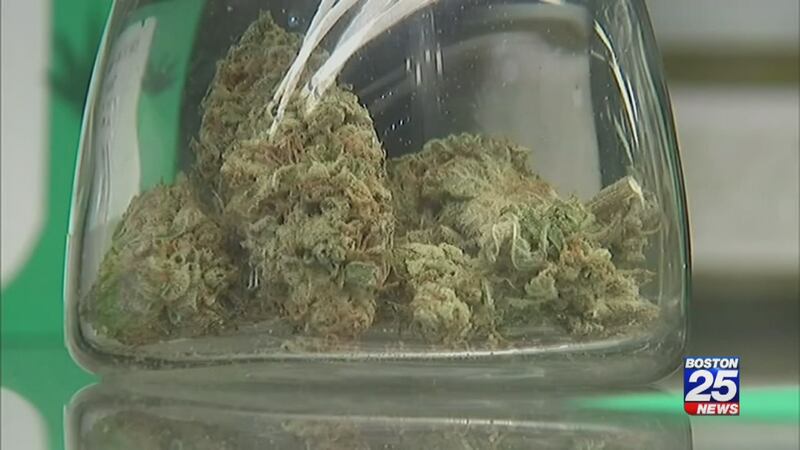The current policy of the Veterans Affairs does not deny benefits to veterans based on participation in state-based medical marijuana programs, but the bill introduced in Congress Wednesday would ensure no future policy or adminstration could change that.
The new bill also would allow VA physicians to recommend medical cannabis to patients.
Military veterans in states where marijuana is now legal would be fully protected from losing federal benefits for marijuana use in the future, based on the new bill introduced by Florida Congressman Greg Steube, a veteran himself.
The measure would not only enshrine current policy, but would also pave the way for VA physicians to:
-Discuss marijuana use with veterans and adjust medical treatment plans accordingly <br/> -Record marijuana use in medical records
Massachusetts representative Seth Moulton, who has also been vocal on the issue, is also planning on introducing a package of bills in the weeks ahead directed at allowing VA doctors to discuss marijuana as a treatment alternative, instead of opioids.
“I think this bill is outstanding," retired Air Force veteran Cheri Hill said. "It protects this right for veterans in the future in general, so the policy can’t change."
Hill speaks openly about how medical marijuana has helped her with PTSD, anxiety and other ailments.
"That was definitely a game-changer for me," Hill said. "It makes a dramatic difference."
But, Hill knows many veterans aren't as comfortable being open about marijuana use, because it's still illegal in the eyes of the federal government.
Because of that, current policy prohibits VA health care providers from recommending marijuana or helping veterans get it.
"They don’t have the ability to assist veterans through the registration process," Hill said. "Of course there’s a financial aspect and they can’t help at all."
>>RELATED: CCC addresses lack of equitable participation in the cannabis industry
Despite that, an American Legion survey says more than one in five military veterans use marijuana to treat medical ailment.
For Hill, marijuana has helped her cut prescription pills out of her treatment plan.
A recent Department of Public Health report shows veterans in Massachusetts are three times more likely than the rest of the population to die of an opioid overdose.
While there are current protections for those who use marijuana in legalized states, there's still a fear out there that the federal government could suddenly change its stance and strip them of benefits at any time.
Cox Media Group







